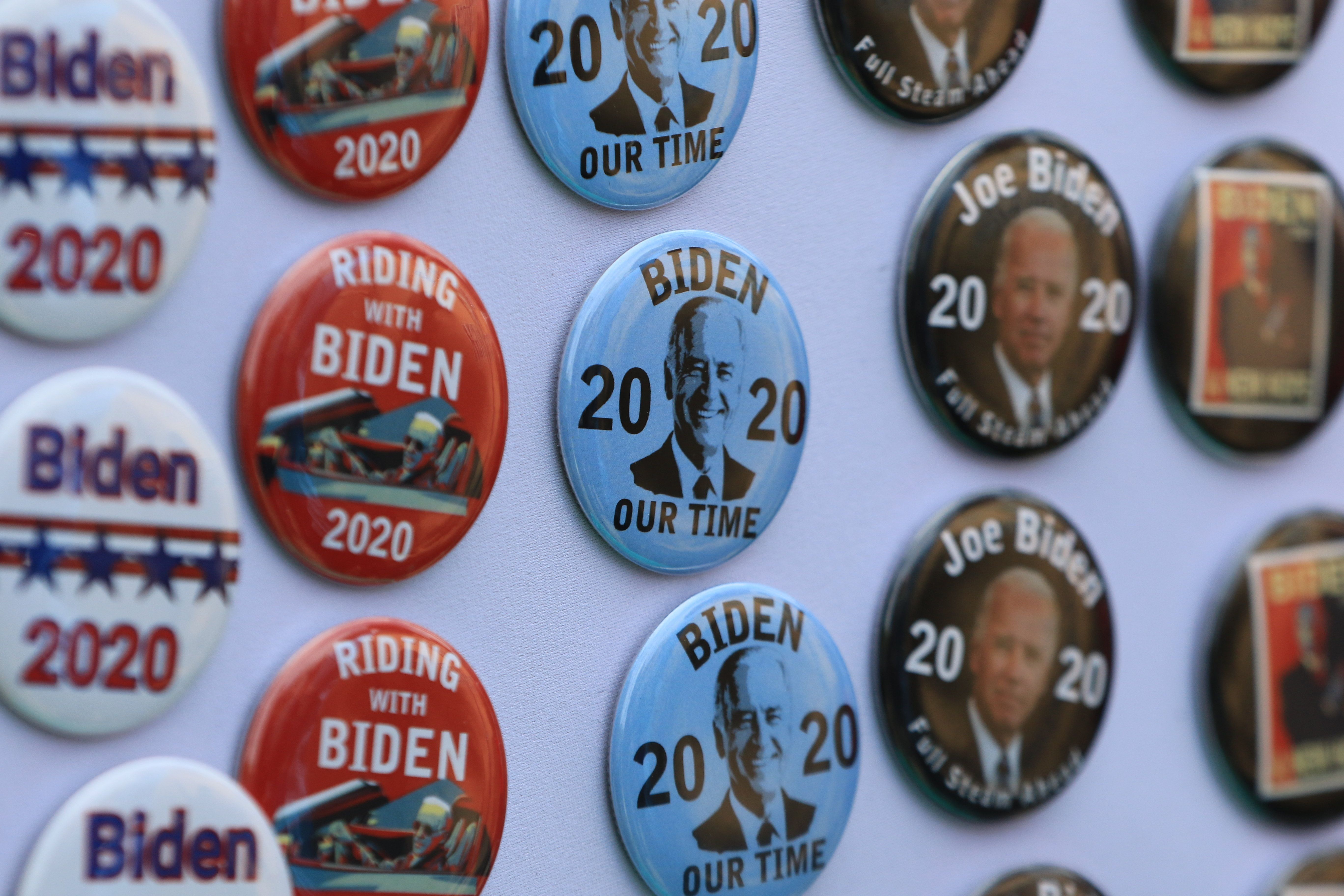May 23, 2019
Among the 23 men and women now seeking the Democratic Party's nomination to take on Donald Trump in next year's election, the frontrunner, at least for now, has spent half a century in politics. Former Vice President Joe Biden, first elected to the US Senate in 1972, is the very epitome of the American political establishment.
Yet, the dominant political trend in many democracies today is public rejection of traditional candidates and parties of the center-right and center-left in favor of new movements, voices, and messages. Consider the evidence from some recent elections:
- As we warned last month, Brexit has undermined both of the UK's major parties. Local elections earlier this month saw disappointing losses for Labor and a tidal wave of anger at Conservatives. This weekend's elections for the European Parliament are expected to boost Nigel Farage's new Brexit Party
- In France in 2017, voters chose Emmanuel Macron, who had never run for office and was leading a party he had created from nothing one year before the vote. The center-right Les Republicains finished third behind the far-right Front National, and the center-left Socialists fell to fifth place behind France's Communists.
- In Germany's most recent election, the center-right CDU collected its lowest vote share since 1949, while the center-left SPD suffered its worst result since the 1930s. The far-right AfD is now the country's lead opposition party, and the Greens poll higher than the SPD.
- In Italy, the last election (2018) produced a governing coalition that combines a protest movement that didn't exist a decade ago with a far-right, former separatist party.
- In Mexico, voters in 2018 pushed aside traditional parties to elect Andrés Manuel López Obrador as their president. His Morena party, created less than five years ago, now commands a solid legislative majority.
- In Brazil, voters chose a far-right former army officer, Jair Bolsonaro, representing a party that before the election held just one of more than 500 seats in Congress.
- In Ukraine, voters pushed past the incumbent president and former prime minister to instead elect a comedian who played the country's president on a TV show.
So what about the United States, where two-party dominance of politics remains deeply entrenched?
In a sense, Donald Trump, the first person ever elected president without having served in either government or the military, has created a new party within the Republican Party. He has upended the party's traditionally pro-immigration and free-trade views, and challenged the assumption that it's in the US national interest for Washington to play a global leadership role, reversing the position of every Republican president—and presidential candidate—since World War II.
Senior leaders of his party have pushed back in some areas, but Trump remains the unrivalled standard-bearer of the much-changed "Grand Ole Party" (GOP).
So what about the Democrats? As their would-be champions take the debate stage beginning next month, the great question facing the party and its supporters is whether the party must change to meet the demands of a changing electorate or whether job number one is to send Donald Trump packing.
The bottom line: If it's all about beating Trump, Biden may well be his party's strongest choice. But if Democrats believe their party must accept the global trend toward promises of transformational change, other candidates will emerge and the race will become much more difficult to predict.
More For You
- YouTube
In this Quick Take, Ian Bremmer breaks down the protests across Iran and how the Trump administration might respond.
Most Popular
- YouTube
Welcome to the Jungle
© 2025 GZERO Media. All Rights Reserved | A Eurasia Group media company.
